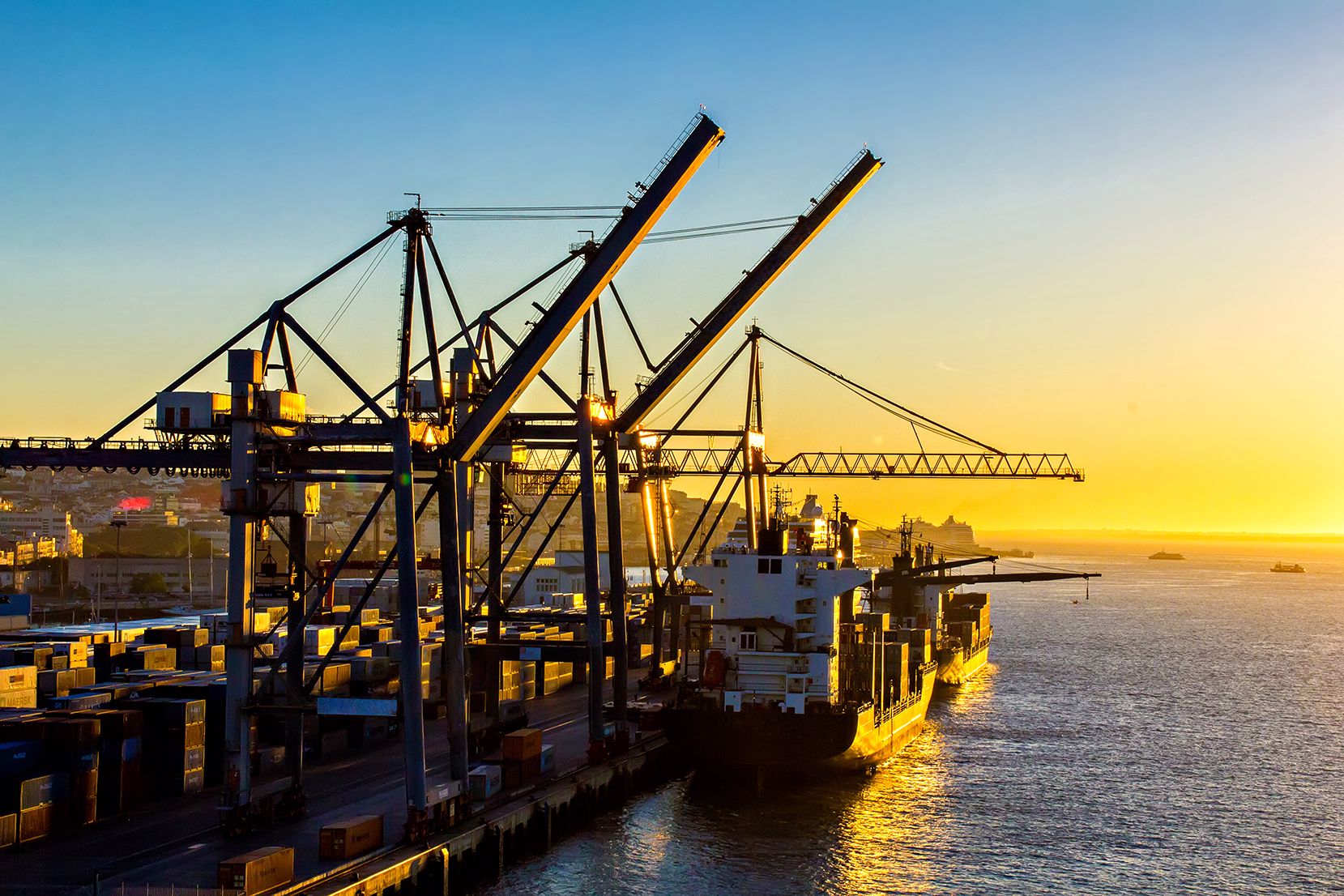"A society that is incapable of compensating effort, merit, or excellence, will impoverish. This is what happened in the last few years in Portugal", said Prime Minister Luís Montenegro at the Business Roundtable Portugal 2024 conference on the subject "Portugal, the country where you will want to be" at Nova SBE in Cascais.
Luís Montenegro claimed that "taxation is first and foremost an economic policy instrument and secondly, a social policy one", adding that "the Government will only succeed if it is able to persuade society of aligning this strategy" and garners political support for this alignment.
"Instead of starting to think that the State needs tax revenue, we must think of what is needed for us to have a stronger economy and more productive workers, and with that, our finances will be assured through balanced management", he stressed
Economic stimulus
The Prime Minister said he wants "taxation that is an economic stimulus, that is the cornerstone for economic policy and can also carry out social justice – we do not want everyone to pay the same amount of tax, we want progressive income tax and for companies with higher rates of return to pay an additional sum".
"If the economy is more competitive, the tax base will go up: in income because people will earn more, in companies, because they will have more profit, and in indirect taxes because consumption will increase as disposable income rises".
On the opposite, "in the last 20 to 30 years", taxation was "a financial policy instrument. Taxes and rates were set whose goal was simply to obtain more revenue for fiscal balance".
Rewarding merit
"For the Government, first of all the priority is to lower taxation on work income; people need to realise they will have a greater return on their efforts because the State won’t take as much of what they produce, and we need to do this across the board, not just looking at the population segment with the greatest difficulties. Those on the second and third tax brackets need to be encouraged to rise up to the fourth and fifth, and the latter to the sixth and seventh …", he said.
The Prime Minister stressed this "is a way of being fair, rewarding merit, yet also fostering productivity, because people will understand that the more results they bring, the more they keep".
To retain young workers and encourage those who emigrated to return, "we have set a tax on income scheme for those up to 35 years whereby they pay 1/3 of what they pay today. There is no point in telling a young worker they will not pay income tax in the first 12, 24, or 36 months" of their professional life" because at the end of that period, they will search opportunities" elsewhere nonetheless.
"What we want is to offer predictability to a 23 or a 25-year-old who is entering the labour market and who will pay these tax rates for the coming 10 to 12 years. We need to support this population segment" to retain talent in the country, he claimed.
Attracting investment
Luís Montenegro also said that "the other side of the equation is companies. When we intend to lower income tax, we are accused of having major corporations exploit this, as they pay a larger chunk of income tax". On this, he said "it is a bad sign that there are few of them and only the large ones pay a large chunk".
Yet he added that "this isn’t exactly true", because there are "around 500 thousand corporate income tax per year and 265 thousand of these are prone to taxation" and half of these have taxable income above 150 thousand euros" and pay tax on this.
Indicating the need to attract investment, he said "only with less tax on corporate revenues will web e competitive and attract investment and bring [Portuguese] investors back".
Hope
The Prime Minister claims he has "high hopes" that "we will be able to change the economy’s profile. There is widespread recognition if our educational system’s performance and the qualifications obtained by our young people, which means we have good people and then we offer them to other nations so they can make use of our investment; that is frustrating".
Yet, on the other hand, "it is a factor of hope, because recognising the capabilities acquired in our teaching institutions" makes us believe "there is enough capital to have a more dynamic economy, with other job opportunities, one that is capable of attracting foreign direct investment to match merit-worthy academic paths".




